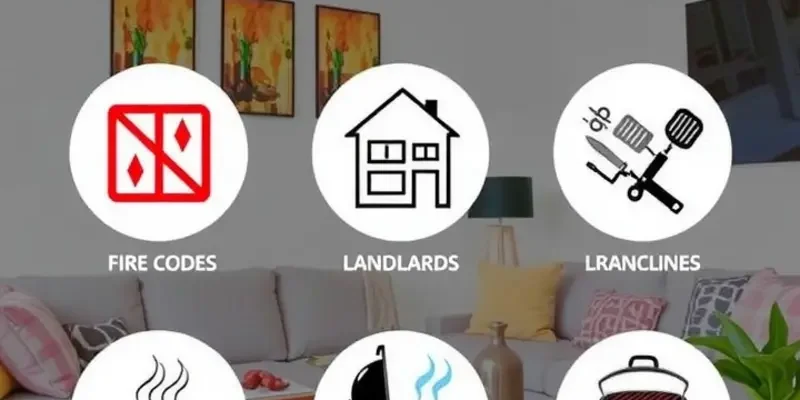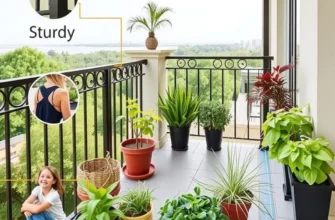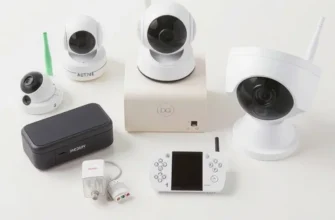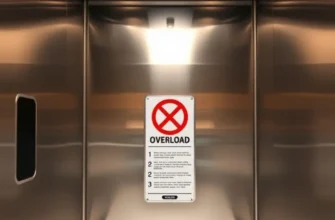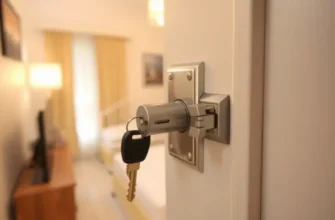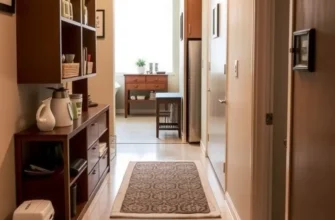Grilling is a beloved pastime, especially during the warmer months. However, if you are a renter, the idea of grilling in an apartment can bring concerns about safety, fire hazards, and property regulations. With varying apartment rules and safety codes, it’s essential to navigate the art of grilling wisely. Fortunately, there are safe, practical, and efficient ways to enjoy grilling without compromising your home’s safety or the peace of your neighbors. From choosing the right equipment to understanding the local regulations that govern grilling in multifamily dwellings, this guide offers everything you need to know for a stress-free grilling experience. Whether you’re using a balcony, patio, or community grill, you can enjoy cooking outdoors while prioritizing safety and compliance. Get ready to sizzle while keeping your living space secure and pleasant for everyone.
Understanding Apartment Grilling Regulations
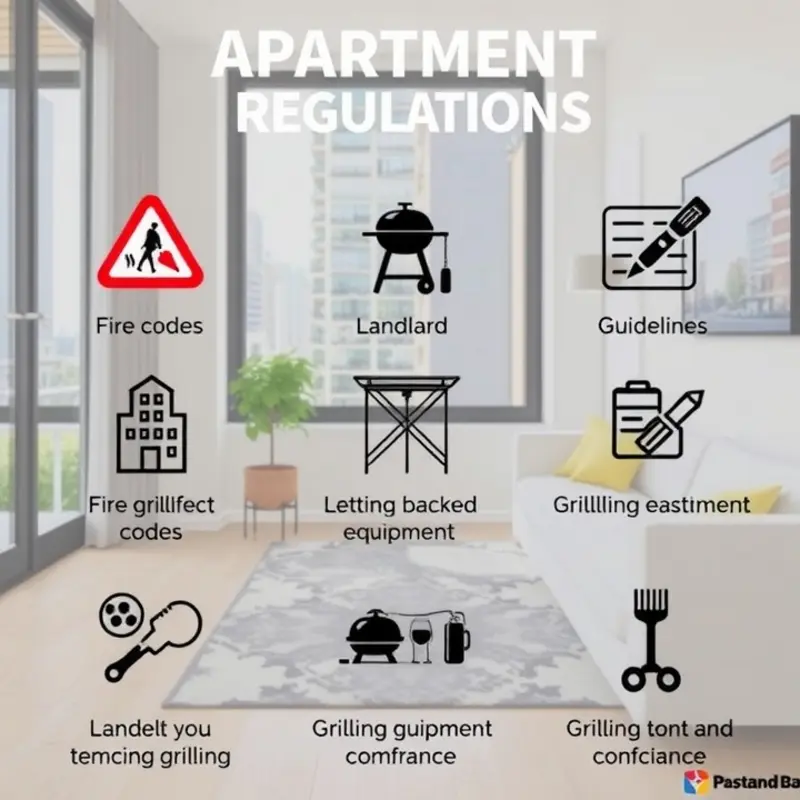
Navigating grilling regulations in apartment complexes can feel daunting, but it’s essential for a safe and enjoyable experience. Understanding these regulations starts with knowing the specific fire codes that apply to your building. In many areas, open-flame grills are not permitted on balconies due to fire hazards. Check your local fire department’s guidelines for any restrictions related to grilling in multi-family housing units.
Landlord policies are equally crucial. Confirm what is written in your lease regarding grilling. Many landlords include specific clauses about permissible equipment, such as electric grills instead of charcoal or gas models. It’s wise to discuss any uncertainties with your landlord to avoid potential conflicts.
As a renter, it’s your responsibility to ensure your activities do not compromise safety. This extends to understanding your rights. Research if there are tenant rights organizations in your area that offer additional insights on safely grilling within community guidelines.
Selecting the right materials and equipment is vital. Electric grills are often favored in apartment settings due to their safety advantages and compliance with various building codes. They’re designed to limit smoke production and use electricity, thereby reducing fire risks. Additionally, they can be housed efficiently on smaller balconies, which is another common requirement in apartment buildings.
When it comes to techniques, learning to grill effectively on electric appliances can enhance your barbecuing experience. These units generally have specific preheating times and temperature settings that differ from traditional grills. Familiarize yourself with these features to achieve the best results without veering from safety protocols.
To ensure everything stays hassle-free, always keep a fire extinguisher nearby. Regularly check your smoke detectors; some apartment complexes even provide guidance on safe grilling practices during tenant meetings or in resident handbooks.
Moreover, it’s important to consider the potential impacts on neighbors. Grilling emits smoke and odors that may drift to nearby units, potentially causing discomfort or complaints. Communicate with your neighbors about your grilling plans, and choose times that minimize disruption.
Leverage community spaces if available. Some apartments provide shared amenities like rooftop terraces or courtyards with community grills. These spaces often comply with safety regulations and offer a social setting for enjoying barbecues without infringing on individual apartment policies.
Ensuring you adhere to apartment grilling regulations requires diligence and respect for both safety standards and community living. More insights on co-living arrangements, which might offer additional solutions, can be found here. Being informed empowers you to enjoy grilling without compromising safety or community harmony.
Choosing Safe Grilling Equipment
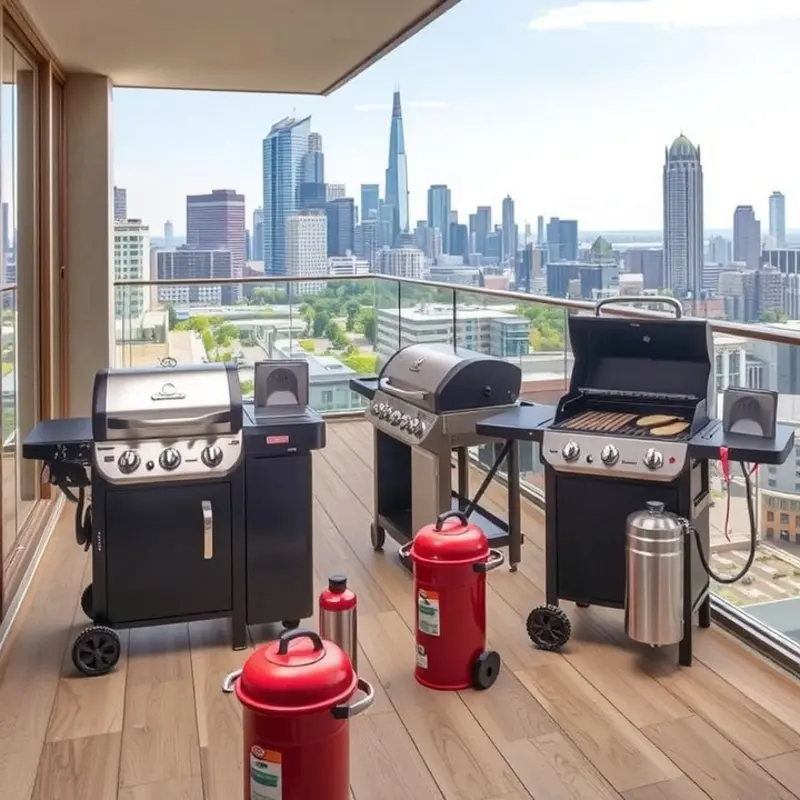
Grilling in an apartment setting demands careful selection of equipment to ensure safety. Certain grill types are more suited for apartment living than others due to space limitations and potential fire hazards. Among them, electric grills and portable gas grills stand out. Let’s delve into these options and their safe use.
Electric Grills:
Electric grills are a top choice for apartment dwellers for several reasons. They lack an open flame, reducing the risk of accidental fires. These grills plug into a standard electrical outlet and are ideal for indoor grilling, provided you have adequate ventilation. Ensure the area around your grill is clear of flammable materials, and use them on a surface resistant to heat.
Portable Gas Grills:
While not always permitted indoors, portable gas grills offer flexibility and can be used on balconies or patios. However, it’s crucial to understand your building’s regulations before purchasing one. When using a gas grill, ensure the propane tank connections are secure and the grill is placed away from walls and railings to prevent overheating and potential hazards.
Grilling Mats:
Grilling mats are a fantastic addition that works with both electric and gas grills. These mats are placed over the grilling surface, capturing any drips and preventing flare-ups. They help in maintaining cleanliness and ensure that your balcony or outdoor space remains free of grease stains. Moreover, they facilitate hassle-free cooking of delicate foods like vegetables and fish.
Ventilation and Safety Measures:
Regardless of the grill type, proper ventilation is crucial to dispel cooking fumes and prevent smoke buildup. Designate a safe grilling zone, frequently monitoring the area for any fire hazards. Ensure that smoke detectors are functional. For additional information on ensuring a generally safe home environment, you might consider reading about safe apartment laundry habits.
Maintenance and Cleaning:
Maintaining your equipment is essential to avoiding fire hazards and extending its lifespan. After each use, thoroughly clean the grill plates and trays to remove grease and food debris. An easy cleaning regimen prevents degradation and helps maintain efficient energy use. For electric grills, ensure the unit is unplugged before cleaning. Use a non-abrasive brush or a damp cloth with mild detergent.
Taking these measures will ensure you enjoy grilling safely and efficiently in your apartment setting. By choosing the right equipment and following safety procedures, you are well on your way to mastering apartment grilling.
Final words
Grilling in an apartment setting doesn’t have to be a daunting task filled with concerns about safety and regulations. By familiarizing yourself with local guidelines and selecting the right equipment for your living space, you can enjoy delicious grilled meals while keeping your home secure and enjoyable for yourself and your neighbors. The key is to prioritize safety without sacrificing the joy of outdoor cooking. With the right preparation and knowledge, you can relish the grilling experience to the fullest in your apartment.

